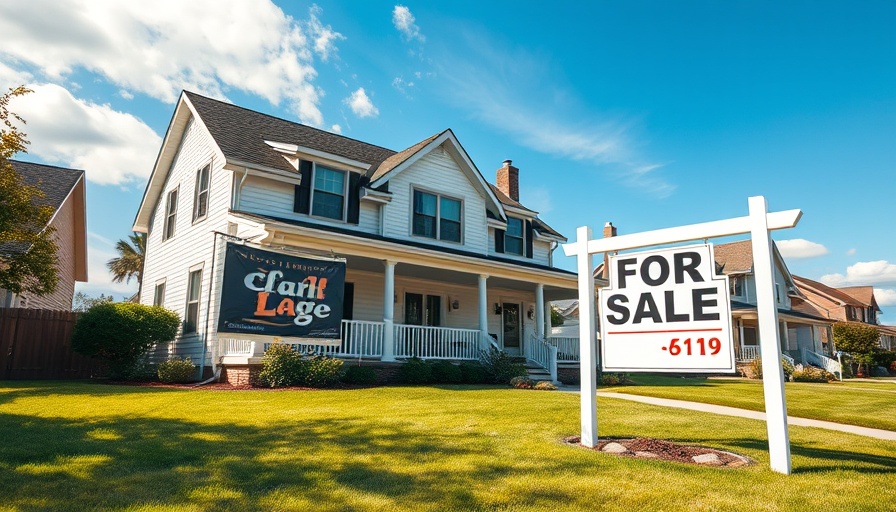
Understanding the Income Needed for a $250k House
If you’re considering purchasing a home priced at $250,000, one of the first questions you’ll ask is: how much income do I need to afford this house? The answer isn’t straightforward, as it depends on a multitude of financial factors such as your debt-to-income ratio, creditworthiness, and local property tax rates. Whether you’re aiming to buy in Louisville, KY, or Akron, OH, understanding the accompanying financial implications is essential.
What is the Income Requirement?
On average, potential homeowners looking to acquire a $250,000 property should aim for an annual income between $62,000 and $80,000. This estimate assumes a standard down payment and interest rates. Individual circumstances significantly affect these numbers, including personal debt levels, credit score, and local taxes.
Breaking Down Monthly Housing Costs
The basic rule of thumb dictates that total monthly housing costs should not exceed 28% to 31% of your gross monthly income. These expenses generally encompass:
- Mortgage payment (principal and interest)
- Property taxes
- Homeowner's insurance
- Private mortgage insurance (PMI), if applicable
- Homeowners Association (HOA) fees (if relevant)
By taking these expenses into account, you can more accurately calculate how much income you’d need to qualify for a mortgage on a $250,000 home.
Calculating Your Specific Needs
Let’s consider a practical scenario: Imagine buying a home for $250,000 with a down payment of 20%, which equals $50,000. The loan amount would thus be $200,000. With a 30-year term at a 7% interest rate, the monthly mortgage would be about $1,331, leading to total monthly costs of approximately $1,570 when taxes and insurance are included. In this case, to comfortably afford this amount, your required annual income would be around $68,000.
Impact of PMI and Other Factors on Affordability
It's important to know that if your down payment is less than 20%, you may incur private mortgage insurance (PMI), which can raise your monthly expenses further. For each 1% increase in the interest rate, your monthly cost can significantly rise, affecting the overall affordability of your mortgage. Additionally, local tax rates and insurance costs will fluctuate based on the area in which you’re buying.
Be Prepared to Adjust Expectations
Given the dynamic nature of the real estate market, potential buyers should remain flexible regarding the income threshold necessary to secure a house of this caliber. Factors like fluctuating interest rates and changing property tax assessments will play a crucial role in defining what is affordable.
Insights for Future Buyers
In today’s real estate climate, being prepared financially is vital to securing your dream home. Buyers are advised to strengthen their credit scores, lower their debt-to-income ratios, and save for a significant down payment when possible, as these elements contribute enormously to improving your financial standing in the eyes of lenders.
Make Informed Decisions
Understanding the financial landscape before purchasing a home helps buyers navigate their choices more effectively. Evaluating your financial health, budgeting wisely, and being aware of market trends will empower you in this exciting journey toward homeownership.
For those ready to step into the housing market, consider taking the first step by getting prequalified for a home loan. Doing so will give you a clearer picture of what you can afford based on your unique financial situation.
 Add Row
Add Row  Add
Add 



Write A Comment